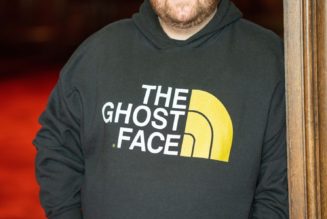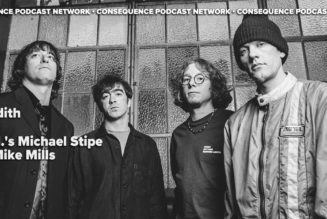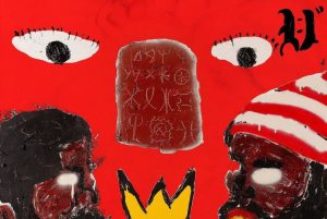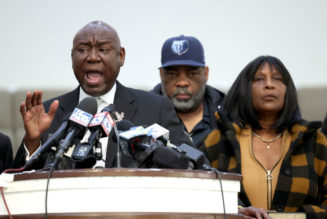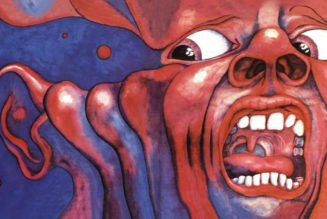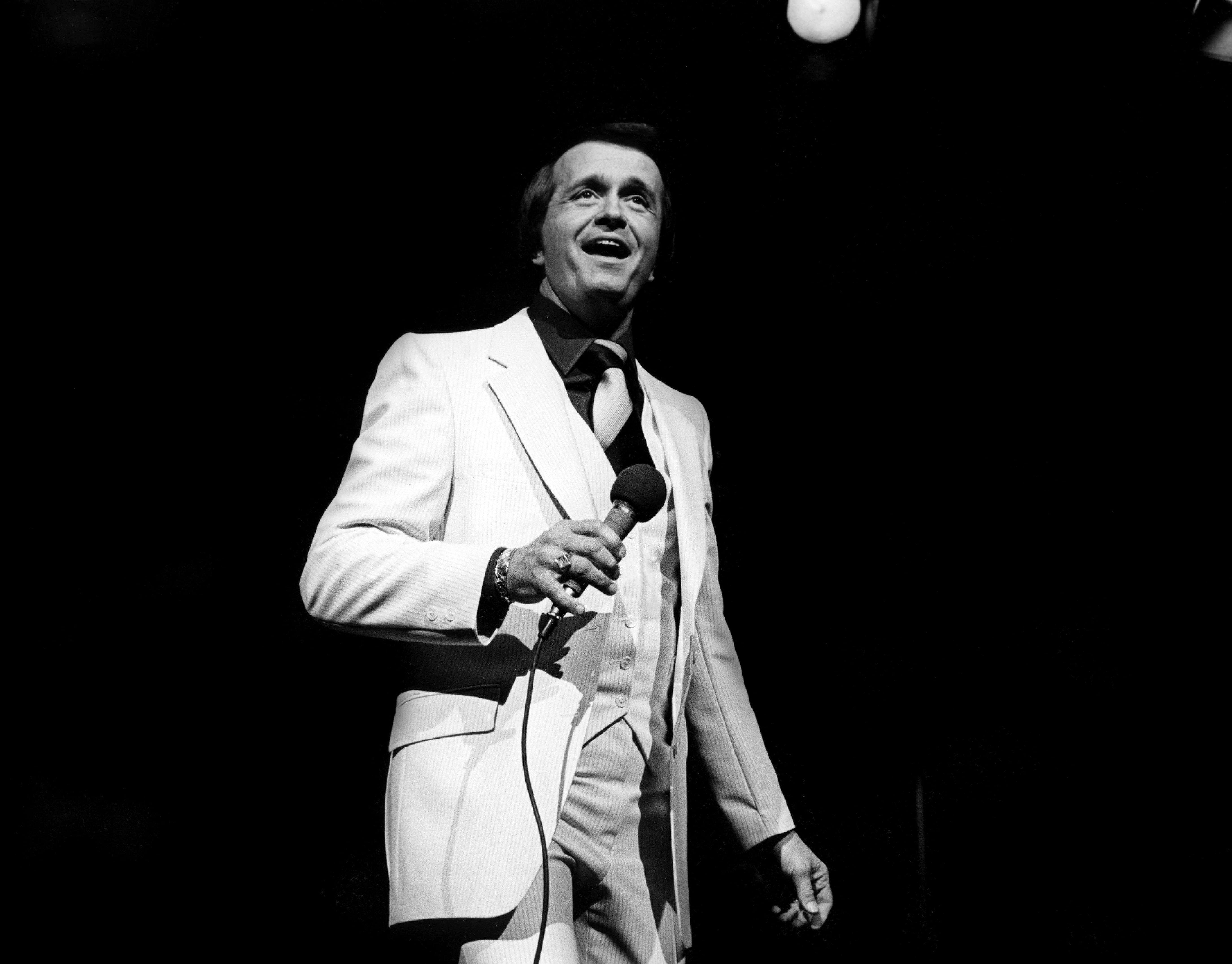
85-year-old legendary country music singer-songwriter has surpassed harmonica player Hernan Crook as the longest-standing member of the Grand Ole Opry
“Whisperin'” Bill Anderson this month surpassed harmonica player Hernan Crook as the longest-standing member ever of the Grand Ole Opry, 62 years after his induction 62 years ago in July of 1961.
At the time, Anderson was three years and five top-20 singles into his music career following stints working as a disc jockey in Georgia and time studying journalism at the University of Georgia.
In a recent interview, he recalled a breakout performance that took place, not in Music City but in Panama City, where Grand Ole Opry manager Ott Devine was taking time away from a business and fishing trip to scout for talent.
Polished performances steadied country in America’s consciousness
He recalled his performance at the Saturday night country revue inside the Marina Civic Center as a “magical” moment where songs like “The Tip of My Fingers,” “Walk Out Backwards” and “Po’ Folks” earned multiple standing ovations and three encores.
The popularity of “Po’ Folks” (which led to the naming of, by the 1980s, a national casual restaurant chain), which was released in 1961, led to his Opry debut in June of that year.
“I didn’t know Ott was in the audience and when he came backstage at intermission, he complimented me — I’d been an Opry guest a few times already — but 48 hours after that conversation, I was asked if I could become a member of the Opry when I came back [for the July 15 performance]. It was all an unexpected blur,” joked Anderson.
As rock n’ roll and R&B’s rise began to slice into country’s growth in mainstream music, artists like Anderson and a sextet of women — Loretta Lynn, Dolly Parton, Jeannie Seely, Connie Smith (who Anderson played a role in bringing to Nashville), Dottie West and Tammy Wynette — were critical additions to the Opry’s regular performing lineup. Together, they helped stabilize the genre’s position in the national consciousness until the early 1970s boom of the “countrypolitan” sound.
Anderson said the genre’s then-young stars gained unrivaled confidence and consistency as polished, refined and mainstream-palatable country performers because the Opry served as a space where their outside-the-box stylings could meld with bluegrass, folk and Western swing traditions.
“Being ourselves in front of an audience that paid their good money to see an entertaining product requires not just singing the record — they have a record player and a wall at home where they could hang a poster of me that does that just fine,” he said.
Mastering the art of entertainment, songwriting expanded country music
Anderson’ dates at the Opry, alongside a regular touring schedule that saw him interact with the likes of fellow Opry member Johnny Cash, plus entertaining crooners like George Morgan, Ferlin Husky and Faron Young were essential to developing his now seven-decade-long career.
“I’m not a great singer, but I have this soft-spoken style — I guess that’s why they call me ‘Whisperin” — that I’ve developed over the years that has allowed me to have the career that so many others in this town who can sing better than I can, also probably deserved,” Anderson said. “Connecting with the audience with some humor, maybe some personality, gets them involved and gets some interaction and feedback going.”
When asked about the value of songs to country music, Anderson recalled a lesson he was taught by RCA Records Nashville chief, certifiable guitar-picking icon and production legend Chet Atkins.
“We’ve got a million singers [in Nashville], but there are never enough songs for them.”
Added Anderson: “A great song doesn’t care who sings it.”
“In country music, the song lays the foundation to connect an artist’s extraordinary voice to the people who need to be the fans of the person behind that voice,” he said.
Country’s modern era built on the timelessness of great songs
After writing the Country Music Association’s (CMA) 2001 Vocal Event of the Year (“Too Country” a song where Anderson is featured alongside George Jones, Buck Owens and Paisley) and 2005 Song of the Year (Brad Paisley and Allison Krauss’ duet “Whiskey Lullaby”), Anderson had what he jokes was his “overnight success after 50 years.” He achieved multi-genre success in 2007 when he wrote both the CMA’s Song of the Year (George Strait’s “Give It Away”) and won a Dove award for co-writing the Oak Ridge Boys’ Country/Gospel Recorded Song of the Year “Jonah, Job, and Moses.”
Anderson has always embracing growth and change. In the 70s, he hosted gameshows (ABC’s “The Better Sex” and NBC’s “The Match Game” and “Password Plus” in the 1970s). And in 1980, he acted on the cast of popular soap opera “One Life To Live.”
Anderson said his favorite career moments were when he’s been pushed to expand his intellect via collaboration, working with artists as sonically diverse as fellow 60s era star Harlan Howard, wild-haired outlaws like Jamey Johnson (for Strait’s “Give It Away”), or Texas-born creatives like Jon Randall.
“Working with the people you’d expect to make hits with often creates the worst songs you’ll never hear. However, the best songs develop when influences combine,” he said. “That keeps the fire going in my belly and me from retiring to the farm and watching the grass grow for the rest of my life.”
Country’s ‘sparkling’ future built on Anderson’s continuing legacy
In 2022, while achieving her lifelong dream of selling out multiple nights at the Ryman Auditorium, Carly Pearce brought Anderson onstage to perform his Dolly Parton duet “Someday It’ll All Make Sense.”
He received a standing ovation that grew from a surprise murmur to a roar of acclaim.
It was moment that highlighted how the Opry’s ability to stand the test of time will allow members’ importance to grow with the genre as country music surges towards unparalleled mainstream popularity.
“That was a beautiful, important moment,” recalled Anderson.
Anderson hesitated when asked to summarize the significance of his longevity.
“Being an entertainer has always come naturally to me,” he said. It’s how I’ve survived.”


